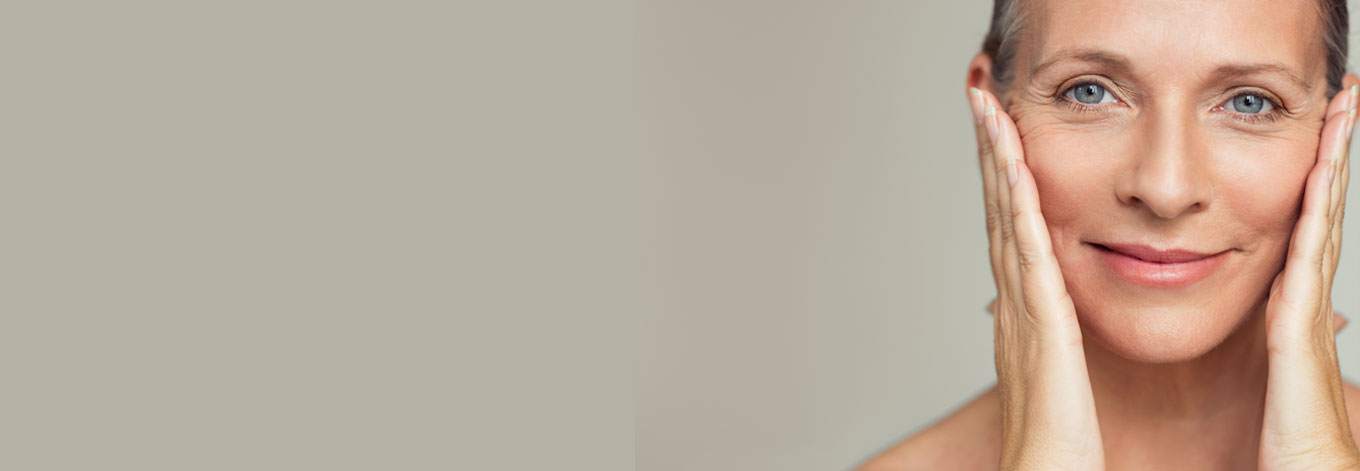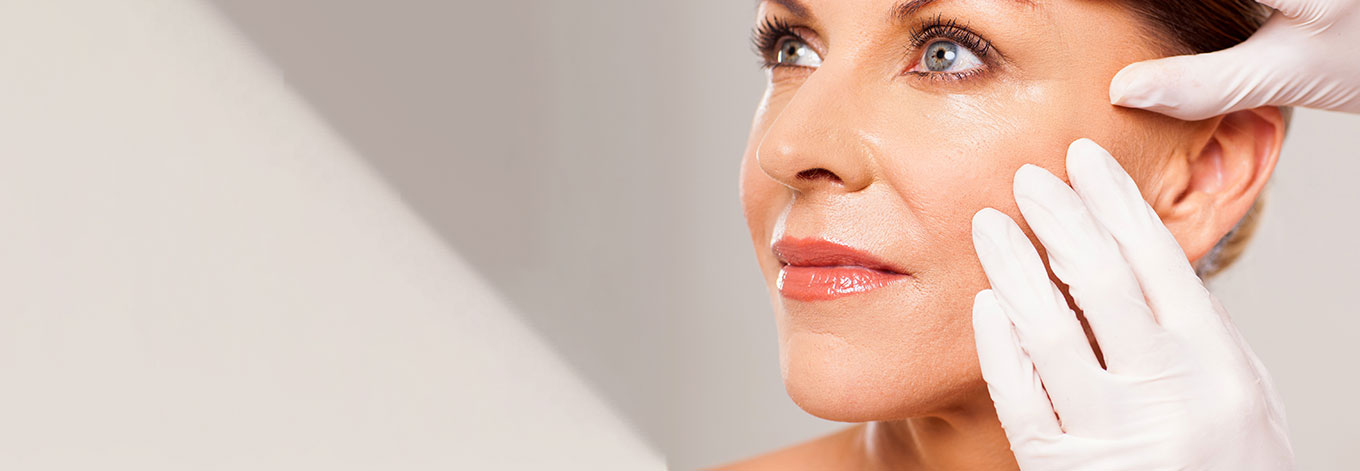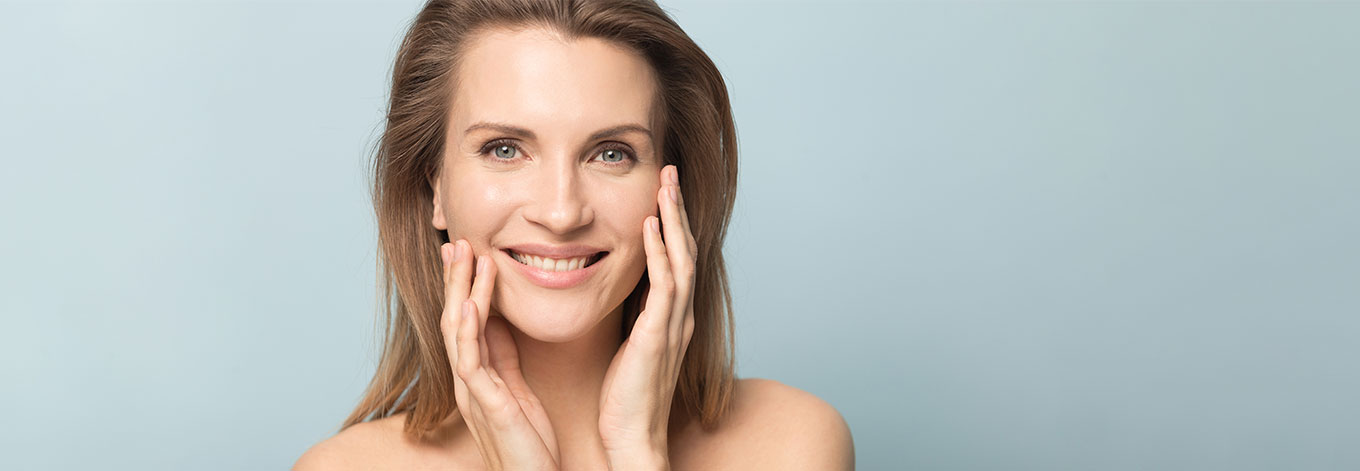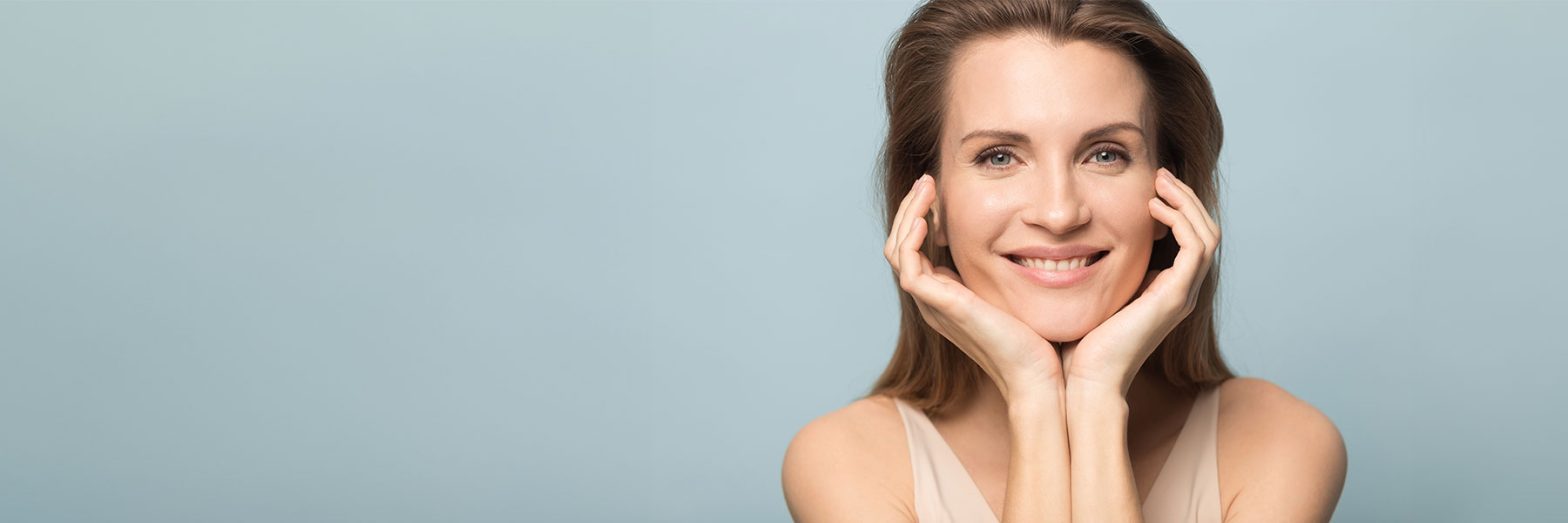Skincare in your thirties
ANTI-AGEING AND REJUVENATION
Aristotle once said “The body is at its best between the ages of thirty and thirty-five.” We see no reason why that mantra can’t extend to your skin…and why it has to stop at 35.
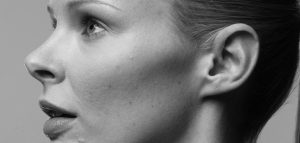
After we hit our mid-twenties, the skin’s production of collagen starts to slow down at the same time as our reserves of the protein start to deplete. This means our skin starts to show signs of wear and tear…or what we otherwise know to be ageing.
However, by battling early signs face on and addressing any issues when they first start to appear, annoyances are not just rid of for the immediate time-being but also prevented in the future. Key concerns should be targeting initial signs of damage before they become too large an issue, and investing in good products and treatments to help prevent any more signs appearing.
Here’s some of the most common complaints and how to get rid of them:
Dull skin
Years of working hard (and partying harder) start to catch up with the skin in your thirties. You might notice that a late night can no longer be washed away with a cold splash of water on the face and its signs will linger for far longer than the tiredness does. Your first port of call is to glug back the recommended two litres of water a day, exercise, and get all your recommended vitamins and minerals to help keep everything glowing from the inside out.
However, if the body isn’t responding as you’d like, chemical peels could be a worthy consideration. They work by intensely exfoliating the skin, using chemical products to remove dead skin cells. There are two main types of peels, depending on the condition of your skin; superficial peels which remove the outer layer of cells and medium (also known as TCA) peels which penetrate further into the skin. Superficial peels are often used for fine lines, sun damage and general signs of dullness, while TCA peels normally target deeper wrinkles, acne scars, and more severe skin tone irregularities.
To find out more about chemical skin peels click here.
Fine Lines and Wrinkles
Because collagen and elastin production in your skin has slowed down, you’ll often start to notice fine lines and wrinkles appearing around the eyes, mouth and brow during your thirties, and sometimes before. As a result it’s a popular time for many to begin considering non-invasive anti-ageing options like wrinkle injections or fillers.
Wrinkle reducing injections, like Botox, can be used at various points on the face. They work by blocking a nerve’s impluse to facial muscles, reducing the contractions that cause wrinkles and lines. Dermal filler treatments, meanwhile, are used to add volume to areas that are lacking in it, making them particularly popular for plumping lines as well as the lips and cheeks.
Find out more about wrinkle relaxing injections or dermal fillers.
If you’re not keen on needles, there are some clever little products that can provide temporary help. One of our London City retail store’s most popular is a serum called notox, which creates an extremely fine seal across the face to rid of fine lines for up to 12 hours.
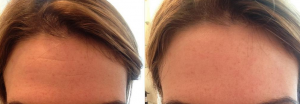
Skin Tone and Sun Damage
While your reckless youth might be a long-distant (and somewhat hazy) memory, there’s one part of your body that will never forget it…your skin. While SPF often becomes part of our daily routine as we get older (either through moisturisers, make up or full-on sun cream) the complacency of younger years can still make itself known later down the line – often as we hit 30. Sun damage that occurred years ago can create the appearance of uneven tone, freckles and odd marks of pigmentation.
Pregnancy, too, can leave the skin uneven, with many women suffering from a form of melasma (commonly referred to as chloasma) for up to 5 years after giving birth due to influxes in hormones. It is characterised by usually symmetrical light to dark brown or greyish pigmentation over the cheeks, forehead, upper lip, nose and chin.
To treat melasma, we often recommend either a suitable chemical peel, or an innovative treatment called Pixel Laser. The non-invasive laser method removes the epidermis and upper dermis to encourage the growth of new, healthy skin tissue through a concentrated, high-energy beam of light.
Meanwhile, for general pigmentation issues or areas of sun damage, one of our most effective treatments is an innovative laser method called IPL Photorejuvenation which uses a pioneering system of pulsed light and lasers that to penetrate the skin and improve tone.
Get information on IPL Rejuvenation or Laser Skin Resurfacing
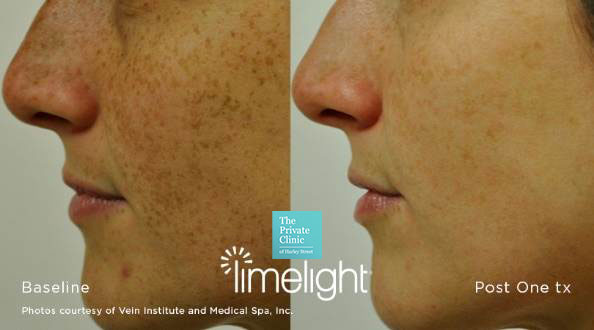
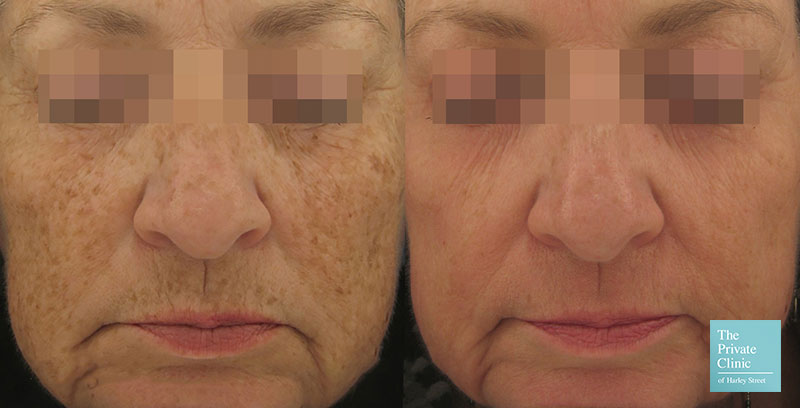
The best anti-ageing tool?
Want to know dermatologists’ top tip for preventing ageing? A good sunscreen! Not only will it protect your skin against skin cancer and damage, it will help slow down the destruction of collagen fibers by blocking the formation of oxidants on the skin. Make sure you opt for a broad spectrum product which guards against both UVA and UVB rays, and we’d recommend at least SPF 15 .
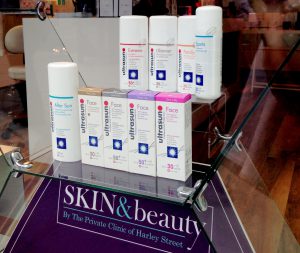
Find your nearest clinic to find out about the sun care options available.
- London Harley Street Skin Clinic
- Birmingham Skin Clinic
- Bristol Skin Clinic
- Buckinghamshire Skin Clinic
- Leeds Skin Clinic
- Manchester Skin Clinic
- Northampton Skin Clinic
Summary
There are a multitude of problems that can begin to make themselves known in the decade between your twenties and forties but, like Artistotle, we believe there’s no better time to look utterly wonderful. Investing in your every day skincare regime can restore your glow and guard yourself against future damage, while light peels and laser treatments can help reverse any signs of current wear. If you feel you’re starting to lose control of your skin, your thirties are the perfect time to get back in the driving seat.
To find out more about our skin rejuvenating treatments available at The Private Clinic, please call 0333 920 2471 , or use our online contact form.





